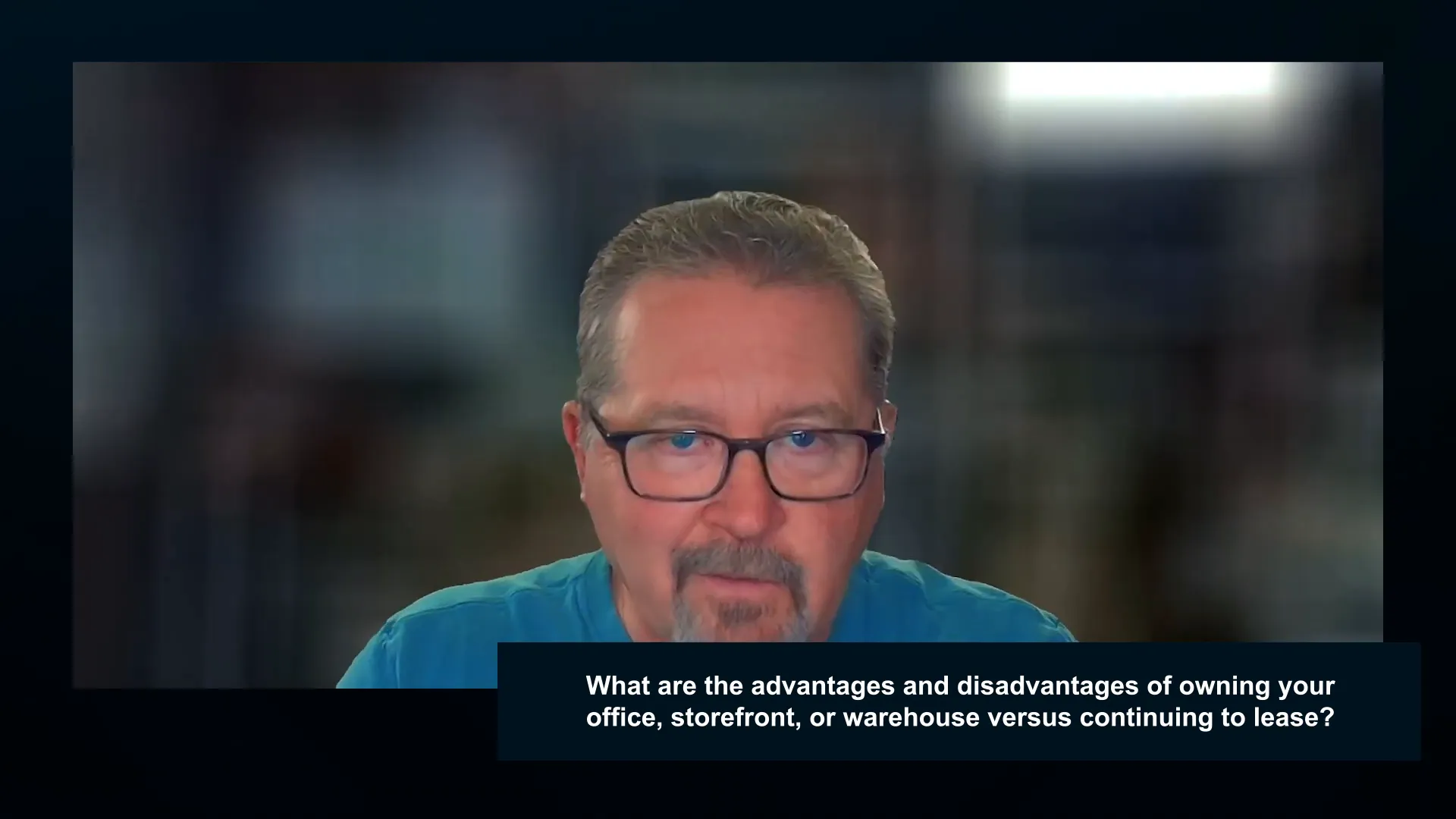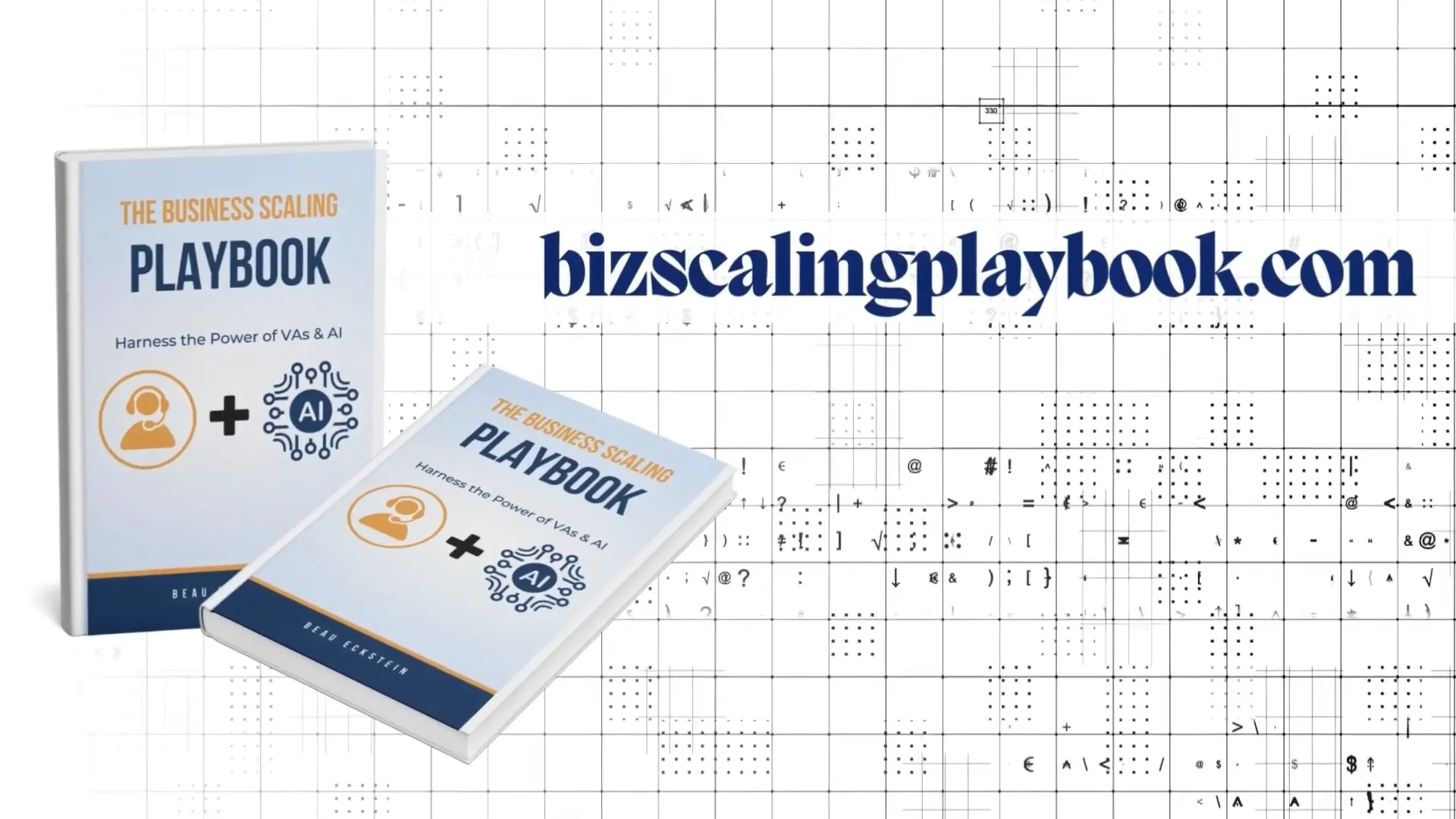Photo by Imagine Buddy on Unsplash
Building long-term wealth through business ownership is a powerful strategy, especially when you leverage the right financing tools. As a seasoned Business Ownership Coach, I’ve seen firsthand how Small Business Administration (SBA) loans can be a game-changer for entrepreneurs looking to scale their ventures, acquire franchises, or even purchase commercial real estate. In this article, I’ll share proven strategies on how to use SBA loans—from franchise ownership to buying your own building—to build sustainable cash flow and equity.
Whether you’re a startup owner, a seasoned entrepreneur, or someone considering buying a business, understanding the full potential of SBA loans can unlock paths to financial freedom and business growth that you might not have considered before.

Using SBA Loans to Grow Your Existing Business
If you already have an existing business and your goal is to grow, one of the most effective strategies is to explore acquiring other businesses in your industry. This approach, often called a rollup strategy, involves purchasing similar companies to expand your market share, customer base, and operational capacity.
For example, imagine you own a pest control company. You can use SBA financing to buy another pest control business that’s closing down or retiring. One of the biggest advantages here is that SBA loans can provide up to 100% financing for business acquisition, meaning you might not have to put any money down out of pocket—except for minimal expenses like appraisal fees.
This strategy not only accelerates growth but also builds significant equity by consolidating businesses and streamlining operations. If you’re just starting out, SBA loans can also be used to purchase your first business, providing a strong foundation to scale from.
Key Takeaway:
- Look for businesses in your niche that are for sale.
- Use SBA loans to finance 100% of the acquisition cost.
- Consider a rollup strategy to accelerate growth and build equity.
The Power of Franchises for Building Cash Flow and Equity
Franchises are often misunderstood as just a startup opportunity. However, they are a powerful vehicle for building both cash flow and equity, especially when paired with SBA loans. The key reason franchises work so well is because of their proven systems and processes.
When you invest in a franchise, you get a playbook, training, and ongoing support. If you’re disciplined and good at following directions—like following a recipe for a casserole—you increase your chances of success significantly compared to starting a business from scratch.
Once you’ve owned and operated a franchise for a couple of years, you can leverage SBA financing to expand by acquiring other franchise units or similar businesses. This allows you to scale your operation while maintaining steady cash flow and increasing your equity stake.
Why Franchises Work:
- Proven business model with systems and processes.
- Support and coaching increase your chances of success.
- Opportunity to expand via acquisitions using SBA loans.

Scaling Your Business with SBA Loans: Real Estate and Expansion

After two solid years of operation with verified financials, business owners can use SBA loans not only to buy additional businesses but also to invest in real estate. For instance, if your pest control company needs more space due to fleet expansion, you can buy a building rather than leasing a yard.
SBA financing can cover up to 100% of the purchase price for owner-occupied commercial real estate, including furniture, fixtures, equipment, and working capital. The only out-of-pocket costs might be appraisal fees or environmental reports, which are paid before closing the loan.
Owning your business property has several advantages:
- You can lease out up to 49% of the space to other tenants, potentially covering most or all of your loan payments.
- You benefit from tax advantages, including depreciation and cost segregation.
- The property appreciates over time, adding to your long-term wealth.
This approach—sometimes called business hacking—is similar to house hacking in residential real estate, where you live in one unit and rent out the others. Here, you occupy the majority of the space for your business and lease the rest, turning lease payments into equity and cash flow.
When to Buy vs. Lease Your Business Property
Deciding whether to buy or lease your business space depends on multiple factors. Consult your CPA to understand the financial, tax, and operational implications. Here are some considerations:
- Financial sense: Does owning the property make more sense than leasing in your market?
- Space needs: Will owning allow you to expand operations, add trucks, or increase warehouse capacity?
- Market costs: In high-cost real estate markets, lease payments may be significantly lower than mortgage payments, making leasing more attractive.
- Long-term strategy: Owning can provide appreciation, tax write-offs, and residual income if you lease out part of your property.
In many cases, owning commercial real estate is a long-term wealth-building play that outperforms leasing, especially if you plan to stay in your business for several years.

Using SBA 7(a) and 504 Loans to Purchase Commercial Real Estate
SBA offers two main loan programs for commercial real estate: the 7(a) and 504 loans. Both provide unique benefits depending on your goals.
For example, one client used a combination of a short-term bridge loan and a $6.2 million SBA 7(a)/504 loan to purchase and build out a two-story restaurant building. The SBA loan paid off the bridge loan and funded the construction, allowing the client to open the restaurant and even live in an apartment above the business. This strategic move replaced an expensive home with a business property that generates cash flow and equity.
Other popular SBA real estate opportunities include:
- RV parks and self-storage units, which can start with smaller investments and scale up.
- Boutique motels, bed and breakfasts, or wedding venues combined with Airbnb rentals.
- Owner-operated gas stations, convenience stores, and grocery stores.
All these options are SBA eligible as long as the business owner occupies at least 51% of the space.
Pros and Cons of Owning vs. Leasing Your Business Property
While owning commercial real estate often provides significant advantages, it’s important to weigh the pros and cons carefully.
Advantages of Owning:
- Potential for property appreciation over time.
- Tax benefits including depreciation and cost segregation.
- Ability to lease out unused space to cover debt payments.
- Long-term control over your business location.
- Building equity instead of paying rent.
Disadvantages of Owning:
- High upfront costs in some markets (though SBA loans can reduce this).
- Market risk if you plan to sell soon and property values decline.
- Some SBA loans like the 504 may require a 10% down payment.
- Payment shock in expensive real estate markets.
In most cases, the benefits outweigh the risks, especially if you have a long-term business horizon. Many business owners also keep the real estate after selling their business, creating a steady stream of lease income.

Real Success Stories: From Franchisee to Building Owner
Here’s a glimpse into how SBA financing has helped clients transform their businesses:
- Printing Franchise with Real Estate: One client purchased a printing franchise along with the real estate in a lower-cost market. Because the real estate made up more than 51% of the purchase price, the loan was structured over 25 years, providing better cash flow compared to a typical 10-year business-only loan.
- Multi-Million Dollar Restaurant Build: Another client secured a $6.2 million loan to build a two-story restaurant, combining business and residential space to optimize expenses and lifestyle.
- Automotive Franchise Expansion: Clients in automotive franchises have shifted from leasing to owning their second locations, buying land and constructing facilities like auto repair centers or oil change shops.
These examples highlight the flexibility and creativity SBA financing offers—whether you’re buying a franchise, a mom-and-pop business, or commercial real estate.

First Steps to Building Real Wealth Through Your Business
If you’re ready to grow real wealth through your business, here’s what I recommend as your first step:
- Assess your current situation: Do you already own a business? Are you looking to buy your first one?
- Identify acquisition targets: Look for other businesses in your niche that are for sale, especially those with loyal customer bases and solid financials.
- Consider a rollup strategy: Buying complementary businesses can expand your reach and cash flow.
- Leverage SBA financing: Use SBA loans that offer up to 100% financing to minimize upfront costs.
- Seek expert guidance: Go through a structured, free business matching process to find the right business model for you.
For entrepreneurs who need help finding the ideal business or navigating SBA financing, I offer a free process that includes a business assessment and personalized guidance to match you with the best opportunities. You can learn more and start your journey at bookwithbo.com.

Bonus Resource: Using Virtual Teams and AI to Grow Your Business
Feeling overwhelmed with content creation, lead generation, or business growth? I’ve put together a free ebook that explains how to leverage virtual team members and AI tools to scale your business organically. This evergreen guide includes tools, prompts, and strategies I personally use to get more content and drive growth efficiently.
Download your free copy at biscalingplaybook.com and start accelerating your business growth today.
Conclusion
Building wealth through SBA loans is not just about starting a business—it’s about strategically growing, acquiring, and owning assets that generate cash flow and equity. From investing in franchises with proven systems, to acquiring complementary businesses, to owning your commercial real estate, SBA financing offers flexible, powerful tools to transform your entrepreneurial dreams into reality.
As a Business Ownership Coach, I encourage you to explore these opportunities, leverage expert guidance, and take the first step toward long-term financial freedom. With the right strategy and SBA-backed funding, you can move from being a W2 employee or small business owner to a multi-million dollar entrepreneur.
Ready to get started? Visit bookwithbeau.com for your free business assessment and let’s build your wealth together.
